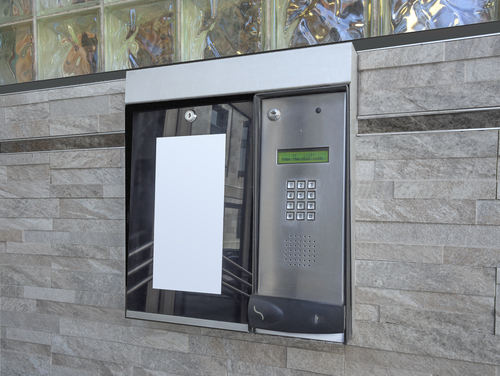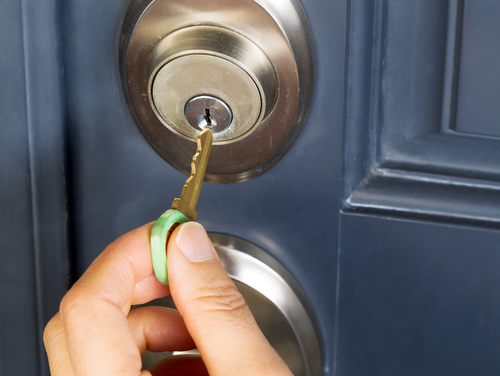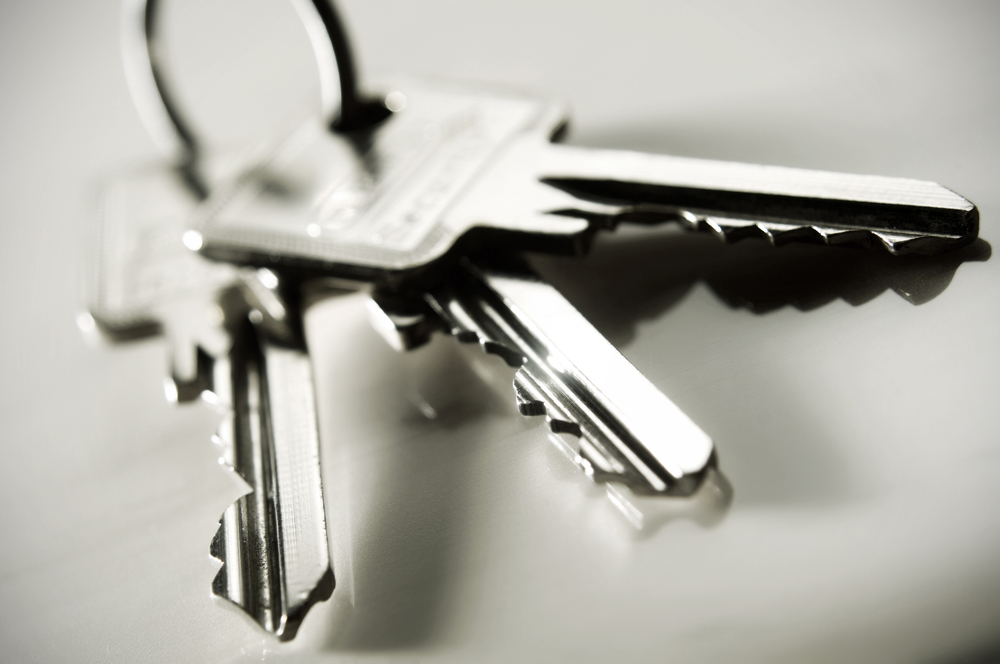 Whether you are looking to protect a real estate investment or your residential property, security of your facility and property is always a priority, and rightly so. Although there are many inexpensive or outdated entry systems available for commercial and residential purposes, purchasing the right telephone entry system the first time can give you peace of mind and secure your assets.
Whether you are looking to protect a real estate investment or your residential property, security of your facility and property is always a priority, and rightly so. Although there are many inexpensive or outdated entry systems available for commercial and residential purposes, purchasing the right telephone entry system the first time can give you peace of mind and secure your assets.
What are Telephone Entry Systems?
Telephone entry systems (TES) are a standard method of controlling visitors’ access to the gates and doors of your property.
This type of security system provides communication from a monitored, secured entry point to a tenant, resident, or visitor to a building via communicating through phone lines.
How Do Telephone Entry Systems Work?
When communication is established, the person at the gate can speak with the person inside the property. If the tenant or resident wishes to allow the visitor in, he can dial a number on his telephone that will activate a relay in the TES. More sophisticated telephone entry systems can also provide control through the use of access devices like card readers or keypads. Telephone entry systems are available in two styles:
● Dedicated phone line systems, or auto dialers, require a dedicated telephone service for the entry system.The operator can type a phone number into the TES keypad, and the system will dial the number, connecting through the telephone service. Parties on both ends of the call can speak with each other, and if the tenant wants to admit the visitor to the property, he can dial a number on his telephone.
● Shared phone line systems are another kind of TES available for commercial and residential purposes. These systems will connect to a series with an incoming phone line. The entry system uses the phone wiring going into a home or building as a control board that can connect with all interior phones. Again, operators may give permission to visitors to enter the property at that point.
The Advantages of Telephone Entry Systems
Telephone entry systems allow for multiple benefits in commercial settings.Commercial properties will benefit from a TES system in the following ways:
Access
TES systems provide a highly efficient way in which to manage visitor access at secure entry points. Businesses can communicate directly with visitors to determine if they should have access to the property.
Protection
Commercial properties require security for the protection of employees and assets while restricting access to unknown persons.
A telephone entry system is a superior option in that it eliminates the needs for re-keying or key tracking because most TES systems integrate with transponders, and can often be connected directly with an alarm system.
Additionally, key codes can easily be changed when employees are hired or fired .
Flexibility
A telephone entry system provides direct two-way communication between the visitor and the entry point. However, the individual monitoring the business can perform that function remotely and does not have to be on the company premises.
A telephone entry system creates a more controlled, secure, and safe environment for employees, residents, and visitors, so consider installing one today to protect your investment.


 Each day we use keys to secure some of our most prized possessions: buildings, cash, documents, and assets. If you misplace your master key, or if someone copies your key without your knowledge or permission, your business—and everything within it—could be at risk.
Each day we use keys to secure some of our most prized possessions: buildings, cash, documents, and assets. If you misplace your master key, or if someone copies your key without your knowledge or permission, your business—and everything within it—could be at risk.